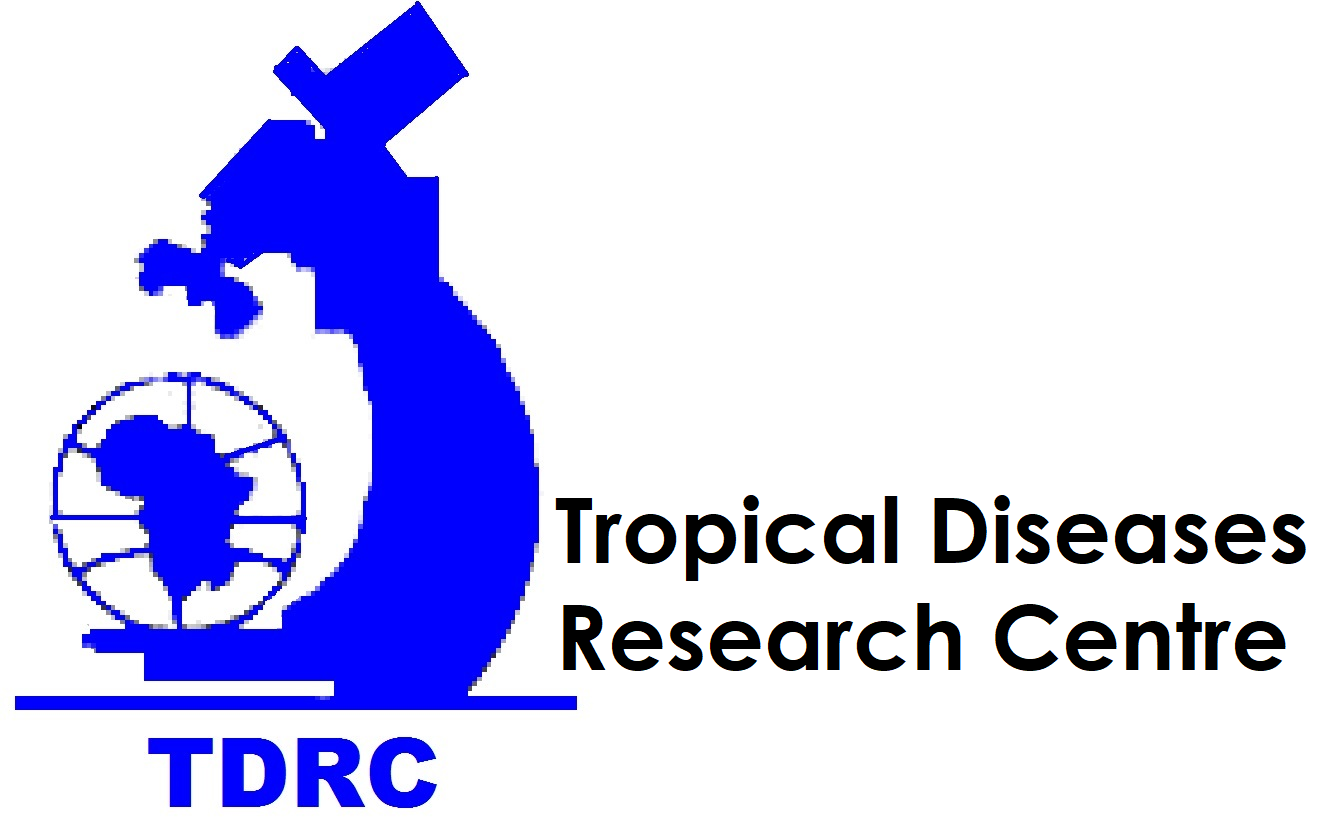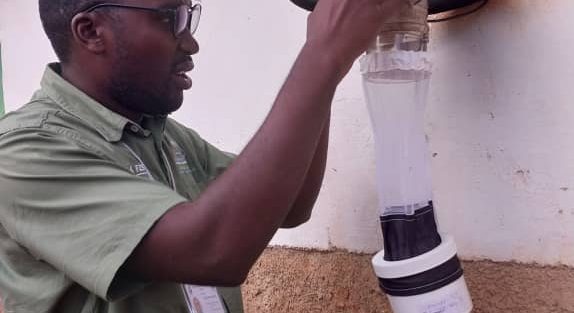The International Centres of Excellence for Malaria Research (ICEMR) project at the National Health Research and Training Institute (NHRTI) has now expanded its research efforts to include the city of Ndola which is an area of moderate malaria transmission. The NHRTI team has premised the research project on the understanding that Malaria transmission in Ndola primarily results from residents migrating from high-transmission areas to low-transmission areas and vice-versa. it is also thought that malaria infections tend to increase with decreasing urbanicity.
To better understand this dynamic, health centre surveillance will be conducted using SMS messaging to report malaria cases and the positivity of rapid diagnostic tests (RDT) in 10 health facilities, namely: Ndeke mini-hospital, Minsundu, Dolla Hill and Tug Argan Lubuto, Main Masala, Nkwazi, Chipokota Mayamba, Kavu and KalokoIn addition, patients with symptomatic malaria infections will be tested using advanced genotyping techniques to determine the impact of resident migration on the transmission of malaria.
The project will also collect mosquitoes using CDC mosquito light traps which will be placed in 30 randomly selected households. These households will be visited 6 times per year to capture species and identify their contribution to malaria transmission.
For over 14 years, the ICEMR project with support from the Johns Hopkins University has been conducting groundbreaking research to understand the epidemiology of malaria and barriers to control in the northern part of Zambia particularly in Nchelenge district. This research has provided valuable information to the National Malaria Elimination Program and has led to positive policy changes.
The Ndola research activities were preceded by a two-day training workshop for the local team responsible for this expanded effort. The training which was officially opened by the NHRTI Director General Dr. Gershom Chongwe focused on key procedures to ensure the smooth and effective implementation of the project. Dr. Chongwe emphasised the that the ICEMR study results from Nchelenge have contributed greatly to providing evidence for successful malaria control efforts.
And Dr. Mike Chaponda, the Principal Investigator of the ICEMR project at NHRTI made a presentation on the overview of the ICEMR project in Nchelenge and on the expanded scope of research to Ndola district.
We are excited to continue our work in partnership with local communities, and together, we can reduce the burden of malaria and make strides toward a malaria-free future.


